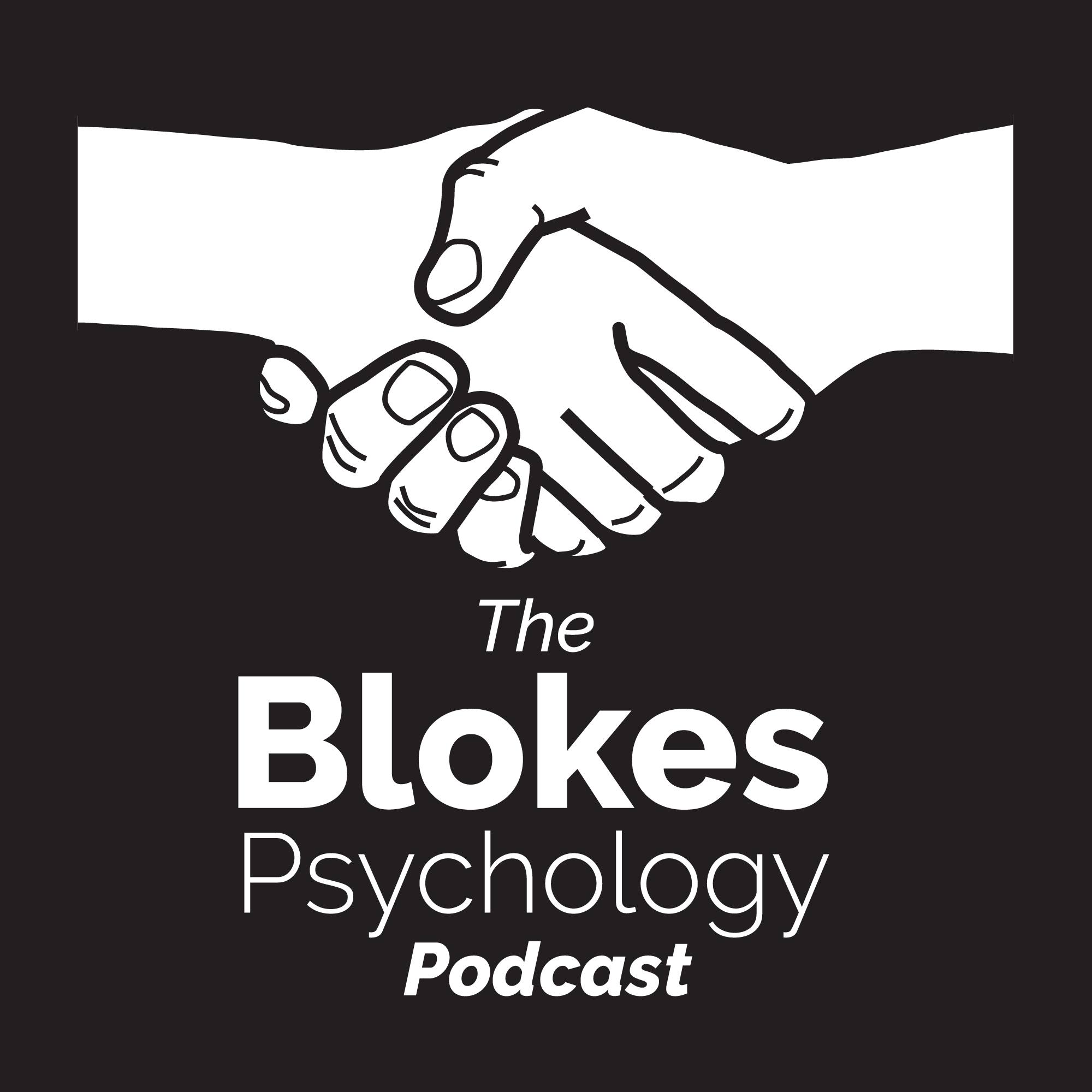10-15% of older men experience depression & anxiety.
But why? Aren't these supposed to be the golden years?
As men enter their 60's and beyond, life begins to change. The body slows down, retirement eventually becomes a reality and men are left with a lot more time on their hands. This can sound appealing as there's more time to enjoy hobbies, travel and socialise. Yet sadly, many men become more isolated as they age and come to realise they have few hobbies or social connections left post work life.
A man's personal identity is too often tied to his job and occupation - which come retirement time, means an identity crisis is inevitable. He loses his sense of purpose and meaning. Combine this with increased loneliness, isolation and a lack of routine in retirement and it's easy to see how depression and anxiety can begin to set in.
If men aren't proactive, they become more and more isolated as they continue to age. Increasing physical health issues, losing family members, friends or partners as they pass away and the stigma surrounding mental health and seeking support, which is especially strong in the older generation, all paints a pretty bleak picture for older men.
But it doesn't have to be this way!
Plan your transition to retirement
If you're still in the workforce and retirement is on the horizon, start planning now.
What will you do with your time? Is it possible to semi-retire and work part time to ease the transition? What hobbies do you have now that you can spend more time doing?
If you need to start developing hobbies or become involved in community groups etc, start doing this before you fully retire!
Plan your retirement transition with a partner or friend. Speak to those who have retired.
Get involved
Regardless of whether you've retired or not, start to be come more involved in the community. Maybe you can coach or volunteer at the local sporting club or school? Mentor new graduates in your profession? Help out with the grandkids more often? Head down to the local men's shed and see if it's for you. Start that short course you've always wanted to try? Dust off the golf clubs or give lawn bowls a go.
There are plenty of community groups, events, hobbies and initiatives now for older men (and women) - you just need to get step outside of your comfort zone and give things a try and find out what is going to work for you!
Mates = protection
Too many men rely on their partners for social connections. Many man have any friends of their own. If you don't currently have any mates or don't see enough of them, do something about it. Start making an effort to re-connect with old friends. If this isn't possible, start doing things where you can meet more people.
"Ah but I'm not one of those blokes who enjoy community groups or mens sheds and that kinda stuff" I hear you say.
You don't know that and you've got nothing to lose by giving it a go.
Social connection will go a long way in protecting you against depression and anxiety.
No excuses - find a way to connect with other men.
Have a routine
Routine is essential, even if you have little on during the week. Go to bed and get up at the same time each day. Get daily exercise and have an idea of what you plan to achieve each day - even if these things seem minimal, it gives structure and a sense of purpose to your day. A dog makes a great companion in retirement, as they require routine and regular exercise - as do retirees!
And if you are struggling - do not suffer in silence.
Speak to a mate, your GP, a psychologist OR your neighbour.
just speak to someone.
Watch Brian in the video below, speaking about his personal challenges with retirement and mental health.
For further help, visit the following websites:






